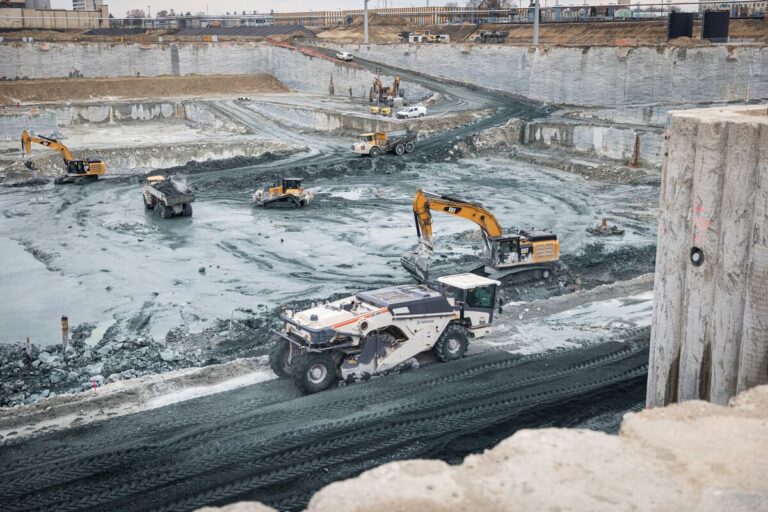Russia
Hungary faces energy crossroads amid EU’s Russian gas ban

Hungarian spy scandal in Ukraine: did Hungarian intelligence gather military data for Moscow?

Hungary and Slovakia unite against EU proposal to ban Russian energy imports

Hungary exempted from new Russian sanctions: Putin’s gesture or something else?

Donald Trump Jr.: Trust-based relationship between Viktor Orbán and Donald Trump could strengthen economic ties

Unexpected turn: Russian Orthodox Church’s valuable Czech properties placed in Hungarian ownership

After the EU Foreign Affairs Council: Hungarian minister says Brussels announces new pro-Ukrainian war initiatives

Would the Hungarian government turn its back on Russia if backed by the US?

Production of second Paks II reactor vessel starts in Russia

They wore Hungary’s flag, but don’t speak the language: What’s really happening in Hungarian ice-skating?

Estonian government: PM Orbán part of Putin’s team, Hungary may lose its voting right – UPDATE: FM Szijjártó

500% tariffs? Shocking new US proposal could wreck Hungary’s economy!

Here’s why neither Netanyahu nor Putin will be arrested in Hungary

Battery plant in Hungary reportedly recruiting Russian and Ukrainian workers after dismissing Hungarians

FM Szijjártó: US-Russia agreement bans strikes on energy infrastructure supplying Hungary

FM Szijjártó travels to Moscow for talks, hails US-Russian dialogue
Hungarian Foreign Minister Péter Szijjártó has welcomed recent progress in US-Russian peace talks, emphasising that the world has taken another...
WATCH: Hungarian foreign minister Szijjártó criticises allies, spares Russia in interview with Russian media

US extends exemption for Hungary from impact of Gazprombank sanctions





 ZH
ZH IT
IT DE
DE HR
HR NL
NL FR
FR JA
JA RO
RO RU
RU ES
ES TR
TR
